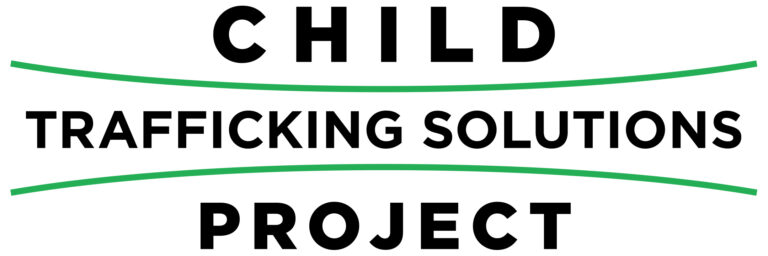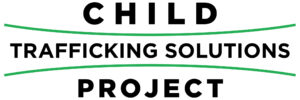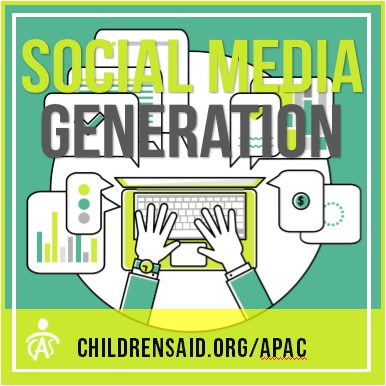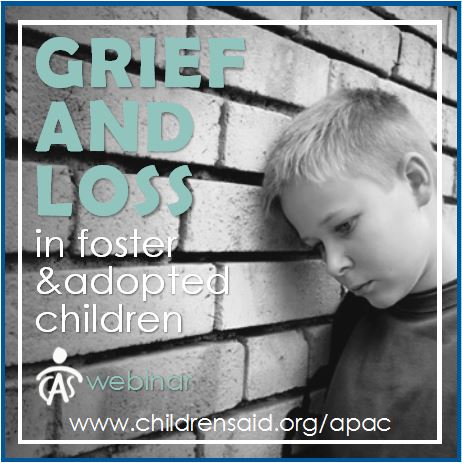
Recognizing and Responding to Child Trafficking: A Training for Child-Serving Professionals
Event Date:
Event Time: 09:00 AM - 12:15 PM
Event Type: Live In-person
Total CE Credits: 3.0
General Admission: $0 CE Cost: $0
This webinar has already ended.
Description
Workshop Synopsis
An overview of emerging trends in child trafficking, including sex, forced labor and on-line exploitation including the complex range of factors that make children more susceptible. Working with culturally diverse communities and English learners along with strategies and tools to prevent and respond to child trafficking in all forms will be provided. The role of child-serving professionals and agencies in creating and participating in comprehensive, coordinated, equity-based, trauma-informed response to children at risk and those who are survivors of trafficking will be discussed. Uniform response protocols in collaboration with law enforcement, child advocacy centers and child-appropriate victim services will be covered.
Offered by the Child Trafficking Solutions Project in partnership with Shelby County DHR.

Speaker & Bio
MDT Training Team
Itinerary
Learning Goals:
To educate participants related to the issue of child trafficking, including internet safety, emerging trends and threats to children and teens.
To equip participants with prevention steps, talking points, strategies to educate and respond to clients, parents, children and teens about risks, warning signs.
To provide participants with tools, resources, community services, and guidance on how to respond utilizing universal response protocols when incidents and threats are identified.
Participants will be able to:
Define commercially sexually exploited children and labor trafficking of minors.
Identify the following:
- Basic elements and legal issues related to child sex and labor trafficking;
- Interpret acronyms of commonly used terms and agencies/initiatives involved in combating human trafficking;
- Identify common physical and behavioral indicators of child trafficking as well as risk and warning signs.
Describe how societal factors including social media and on-line predators contribute to demand for commercial exploitation of minors.
Identify tools that can be utilized in the identification of potential victims of trafficking as well as how to respond in relationship to child protective services, law enforcement, juvenile justice, and multiple jurisdictions.


